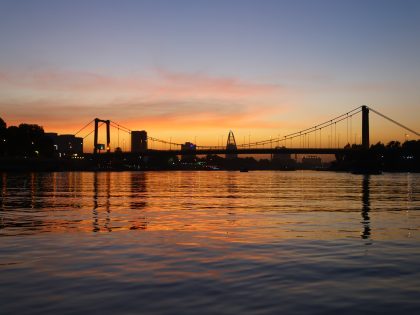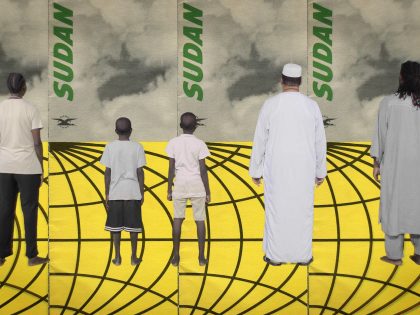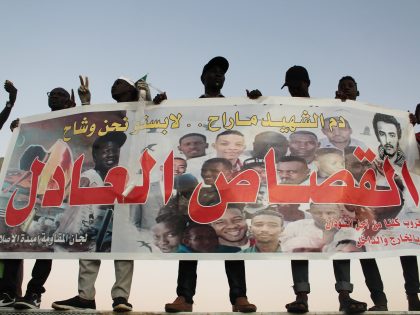
Khartoum, the most selfish city: if we let it be
Khartoum’s recovery is not a national recovery. Until Sudan confronts the violence that has long been concentrated outside the capital, 'liberation' will remain a hollow word.

Khartoum’s recovery is not a national recovery. Until Sudan confronts the violence that has long been concentrated outside the capital, 'liberation' will remain a hollow word.

Made just as Sudan descended into war, 'Khartoum' captures the beauty, pain, and humanity of a city shaken by violence—and the filmmakers who became refugees alongside their subjects.

From Sudan to Toronto, a revolutionary poem echoes across time, showing how people’s movements confront militarism, mining, and imperial order with the enduring force of collective struggle.

Sudan’s revolution removed a dictator but left intact the deep structures of racialized hierarchy, militarism, and elite rule. Resistance committees built new forms of power, but without rupture, the old order reassembled itself.

From the streets of Khartoum to exile abroad, Sudanese hip-hop artists have turned music into a powerful tool for protest, resilience, and the preservation of collective memory.

How Sudanese political satirist Khalid Albaih uses his art and writing to confront injustice, challenge authority, and highlight the struggles of marginalized communities worldwide.

What can the complete civil disobedience of the Sudanese Professionals Association teach us at a moment when belief in the efficacy of nonviolent protest is in decline?

The war in Sudan shows how during conflict, the internet is as critical as food or medicine.

How the UAE-backed RSF looted Sudan's National Museum.

Women in Sudan have gone from being state subjects to war spoils.

As catastrophe unfolds in Sudan, most of the world continues to turn a blind eye.

In Sudan, the focus must remain on supporting the Sudanese people’s aspirations for peace, stability, and democratic governance.

The indifference towards Sudan's suffering can be traced to a disturbing pattern deeply rooted in antiblackness.

As the slaughter continues unabated in Gaza, it is abundantly clear that both the present and history are often written by the victors.

A conversation with members of Sudan’s resistance committees and Magdi elGizouli.

Since 2019, two separate political processes developed simultaneously in Sudan: one at the state level and the other at the grassroots. Today’s war originates in the predominance of the former over the latter.

On this week's AIAC podcast, we discuss the roots behind fighting between factions of Sudan’s military.

Writer and feminist activist Reem Abbas on the personal costs of the war between Sudan’s military and the Rapid Support Forces.

The significance of ending the ongoing war in Sudan cannot be overstated, and represents more than just an end to violence. It provides a critical moment for the international community to follow the lead of the Sudanese people.

Since 2019’s revolution, the Sudanese elite and its international backers suppressed popular democratic energies. Although military in-fighting rages on, the accumulated experiences over the past three years has ensured that the resistance cannot be easily broken.